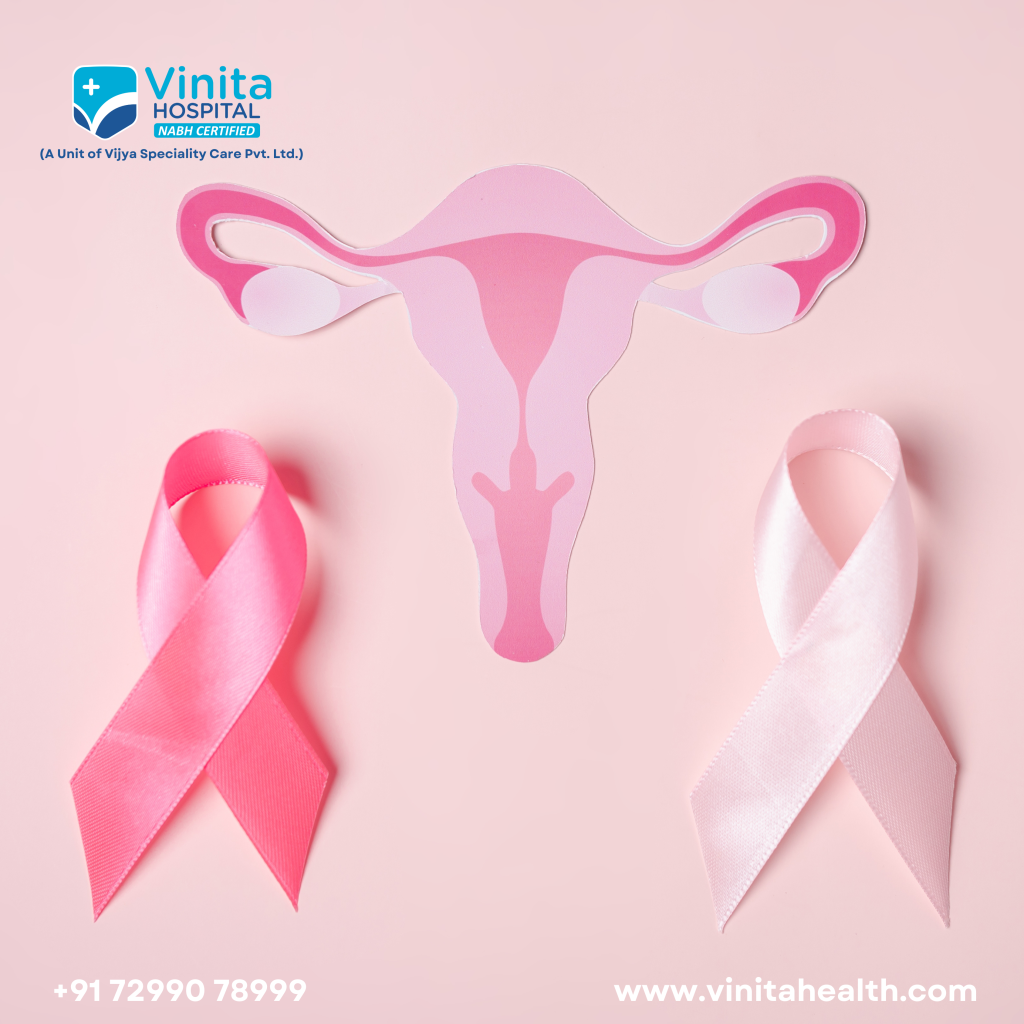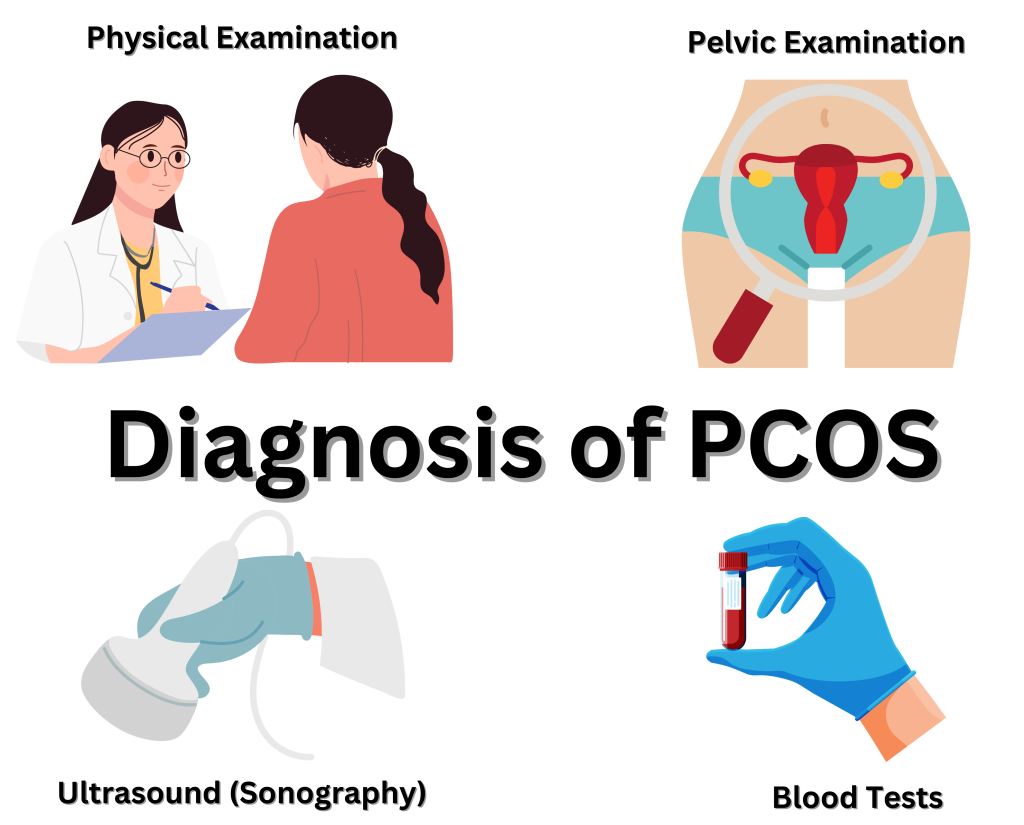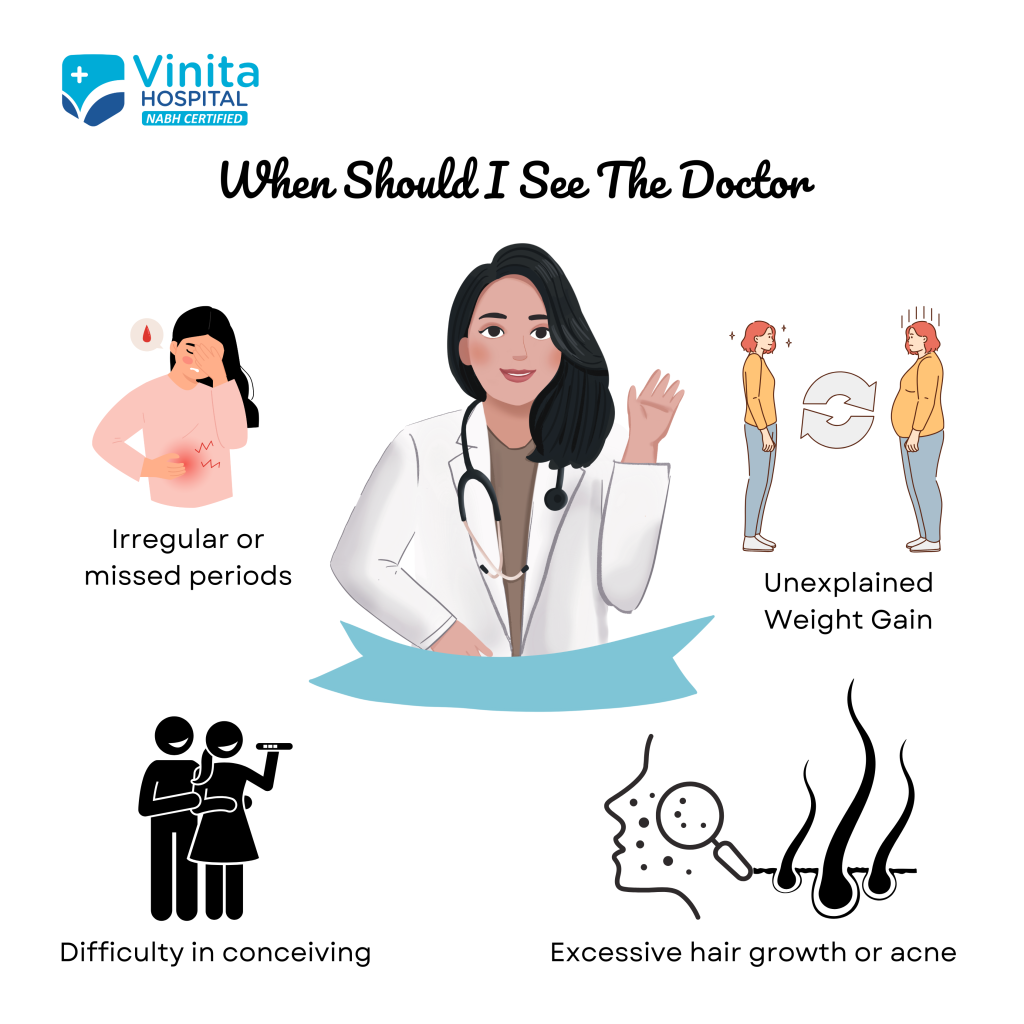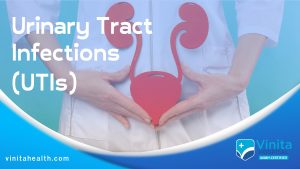Understanding Polycystic Ovary Syndrome (PCOS)

Polycystic Ovary Syndrome (PCOS), also known as Polycystic Ovarian Disease (PCOD), is a common hormonal disorder affecting women of reproductive age. It is characterized by a combination of symptoms that may include irregular menstrual cycles, excessive male hormone levels (androgens), and the development of small fluid-filled sacs (cysts) in the ovaries. Despite the name, not all women with PCOS develop ovarian cysts, and not all ovarian cysts indicate PCOS.
PCOS is one of the leading causes of infertility in women, but its effects go beyond reproduction. It is a lifelong condition that can significantly impact overall health, including metabolic, cardiovascular, and psychological well-being.
What Happens in PCOS?
In PCOS, the ovaries produce higher-than-normal amounts of androgens, which are male hormones present in women in small amounts. This hormonal imbalance can interfere with the normal development and release of eggs during the menstrual cycle. Instead of being released, the eggs may remain within the ovaries and form cysts.
This disruption in ovulation leads to a variety of symptoms and complications. It is important to note that the exact cause of PCOS is not fully understood, but genetic and environmental factors play a significant role.
Symptoms of PCOS
The symptoms of PCOS can vary greatly among individuals. Some women experience mild symptoms, while others face significant health challenges. Common symptoms include:
1. Irregular Menstrual Cycles
- Infrequent or absent periods (oligomenorrhea or amenorrhea)
- Heavy or prolonged menstrual bleeding
2. Excess Androgen Levels
- Increased facial and body hair growth (hirsutism), particularly on the face, chest, and back
- Severe acne or oily skin
- Male-pattern hair loss or thinning hair on the scalp
3. Polycystic Ovaries
- Multiple small follicles visible on the ovaries through ultrasound
4. Infertility
- Difficulty in getting pregnant due to irregular or absent ovulation
5. Weight Gain
- Unexplained weight gain or difficulty losing weight, often concentrated around the abdomen
6. Skin Changes
- Darkened patches of skin, particularly around the neck, armpits, groin, or under the breasts (acanthosis nigricans)
- Skin tags, small excess growths of skin, often found in the same areas
7. Mood and Emotional Health
- Increased risk of depression, anxiety, and mood swings
- Low self-esteem due to physical symptoms like hair growth or weight gain
Causes and Risk Factors
The exact cause of PCOS remains unclear, but several factors may contribute:
1. Hormonal Imbalances
- Excess androgen production disrupts normal ovulation
- Higher levels of luteinizing hormone (LH) and low levels of follicle-stimulating hormone (FSH) affect egg development
2. Insulin Resistance
- Many women with PCOS have insulin resistance, meaning their body’s cells don’t respond effectively to insulin. This leads to increased insulin levels, which can trigger excess androgen production in the ovaries
3. Lifestyle Factors
- Sedentary habits, poor diet, and stress can exacerbate PCOS symptoms and complications
Diagnosis of PCOS
Diagnosing PCOS requires a thorough evaluation. A doctor will typically review your medical history, symptoms, and perform the following tests:

1. Physical Examination
- Assessing signs of androgen excess, such as hair growth, acne, or scalp thinning
2. Pelvic Examination
3. Ultrasound (Sonography)
- A transvaginal or abdominal ultrasound may show multiple small cysts in the ovaries and thickened ovarian walls
4. Blood Tests
- To measure hormone levels (Androgens, LH, FSH, and prolactin)
- Checking blood sugar levels , and cholesterol levels to assess metabolic health
Implications of PCOS
If left untreated, PCOS can lead to several health complications, including:
- Infertility: Difficulty in conceiving due to irregular ovulation
- Type 2 Diabetes: Insulin resistance increases the risk of diabetes
- Heart Disease: Higher risk due to obesity, high cholesterol, and insulin resistance
- Endometrial Cancer: Irregular menstruation increases the risk of endometrial lining buildup
- Depression and Anxiety: Psychological challenges due to physical symptoms and hormonal imbalances
Treatment for PCOS
While there is no cure for PCOS, treatment focuses on managing symptoms, improving fertility, and reducing the risk of long-term health issues. Treatment plans are personalized and may include:
1. Lifestyle Changes
- Healthy Diet: A balanced diet rich in whole grains, lean protein, fruits, vegetables, and healthy fats can help regulate blood sugar levels
- Regular Exercise: Physical activity improves insulin sensitivity, helps manage weight, and boosts mood
- Weight Management: Even modest weight loss (5-10% of body weight) can significantly improve symptoms
2. Medications
- Birth Control Pills: To regulate menstrual cycles, reduce androgen levels, and clear acne
- Anti-Androgen Medications: To reduce excessive hair growth and acne
- Metformin: To improve insulin sensitivity and regulate ovulation
- Fertility Treatments: Medications like clomiphene or letrozole stimulate ovulation in women trying to conceive
3. Cosmetic Treatments
- Laser hair removal or electrolysis for excessive hair growth
- Topical treatments for acne
4. Surgical Options
- Ovarian Drilling: A minimally invasive procedure that may help restore ovulation in some cases
Living with PCOS
Living with PCOS requires long-term management and a proactive approach to health. Here are some tips for effectively managing the condition:
1. Monitor Your Menstrual Cycle
- Keep track of your periods to identify irregularities and potential concerns
2. Adopt a Balanced Diet
- Limit refined carbs and sugar to improve insulin resistance
- Include anti-inflammatory foods like berries, nuts, and fatty fish
3. Stay Active
- Aim for at least 150 minutes of moderate-intensity exercise per week
- Incorporate strength training to boost metabolism
4. Stress Management
- Practice relaxation techniques like yoga, meditation, or deep breathing to manage stress and hormonal balance
5. Regular Medical Checkups
- Regularly monitor blood sugar, cholesterol, and blood pressure levels
- Consult your doctor for ongoing management and treatment adjustments
Myths and Facts About PCOS
Myth: PCOS only affects overweight women.
Fact: While obesity can exacerbate symptoms, PCOS affects women of all body types.
Myth: PCOS always causes infertility.
Fact: While PCOS can make it harder to conceive, many women successfully become pregnant with appropriate treatment.
Myth: You can outgrow PCOS.
Fact: PCOS is a lifelong condition, but symptoms can be managed effectively with proper care.
When to See a Doctor

You should consult a healthcare provider if you experience:
- Irregular or missed periods
- Difficulty in conceiving
- Excessive hair growth or acne
- Unexplained weight gain
Early diagnosis and treatment can help prevent long-term complications and improve your quality of life.
Read also Most Common Symptoms of PCOS
Check out Best Multispeciality Hospital in Chennai





